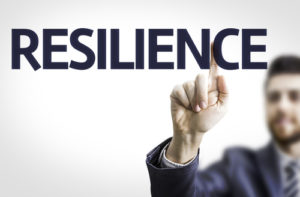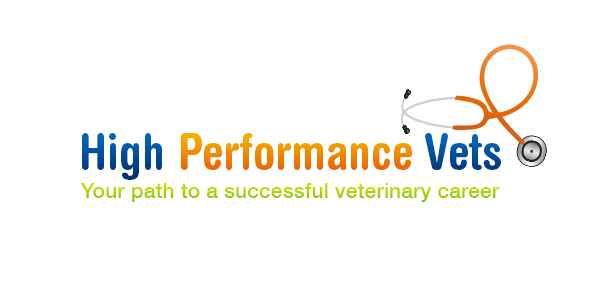
Resilience is the ability to bounce back from adversity, steer through obstacles, overcome challenges, cope with change and reach out for help.
Resilience is a skill. It isn’t either/or – you have it or you don’t. It is a continuum and can be developed. Resilience is essential to success and happiness.
As veterinarians, we are challenged on a daily basis. How we perceive ourselves and our skills, dealing with clients, managing busy schedules and time constraints, meeting targets and then making time for ourselves, family and friends.
Resilience isn’t just for when a major crisis occurs. You need resilience every day. To manage your stress levels when you find them rising. To calm an angry or upset client. When the unexpected occurs in surgery. To challenge your thinking style when you start to think you aren’t good enough, a fake, silly or hopeless.
Resilience is comprised of 7 abilities and there are a number of skills you can develop to build your resilience.
One skill is to avoid thinking traps. Thinking traps are common ways of thinking when adversity occurs that reduces your resilience. Aaron Beck uncovered seven thinking traps that make people particularly vulnerable to depression.
Magnifying and Minimising Thinking Trap
Most people magnify the negative and minimise the positive.
What does that mean? When an event occurs that has a negative impact, some people will magnify their thinking, emotions and behaviour that results. It is experienced as more stressful. Our brain is always scanning our environment for potential threats so it is easier to find the negative in situations.
When a positive event occurs, it is downplayed.
For example: If a client complains, your attention is drawn to the complaint. Rather than focussing on the specifics of the complaint and the situation, the individual begins to magnify the negative thoughts and emotions that occur as a result of the complaint. This leads to unresourceful thinking patterns such as being a hopeless vet, I’ll never be great with clients, clients are a pain, I’ll never get another job, etc, etc. The individual becomes more emotional which impacts their behaviour negatively. This reduces resilience.
When the individual is given a compliment or positive feedback, it can be common to say ‘it’s nothing’, not take on positive feedback and minimise it.
Does this seem familiar to you? Have you done this before? (I was an expert at this!)
What should you do instead?
Flip it. You should minimise the negative and magnify the positive.
When an event occurs that results in a negative outcome, don’t ignore it. Look at the event and consider what you could learn from this. What could you have done differently and what will you do next time.
When a positive event occurs, take the time to appreciate, savour and celebrate it. Store it in your mind or write it down to look at on those challenging days.
Next time an event occurs either in the practice or at home, become aware of your internal chatter and feelings. What are you thinking and feeling? Do you magnify and minimise?
Our brain is designed to keep us safe so it is scanning for threats. Negative events and emotions are more easily noticed and created by the brain which is why it’s so easy to slip into negativity. This is why it is so important to become aware of any positive event or emotion and to practice gratitude.
Natasha






